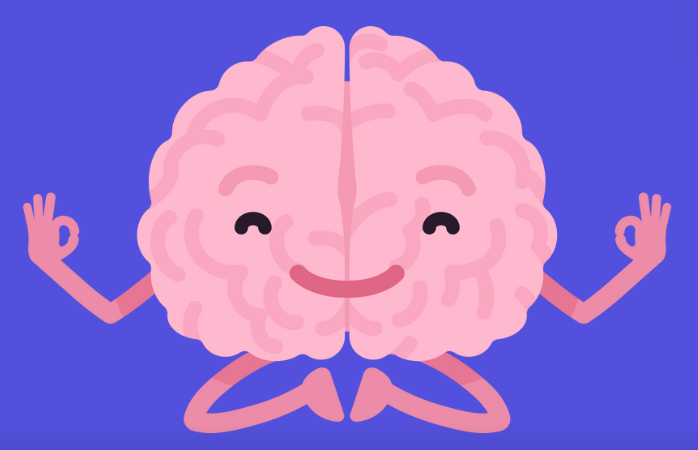Did you know that your brain generates enough electricity to power a small lightbulb? That’s right, your brain produces about 20 watts of power, which is equivalent to the energy required to light a small bulb! But how does this happen, and what does it tell us about the power of our minds?
How Does the Brain Generate Electricity?
Your brain is a complex network of approximately 86 billion neurons, each communicating through tiny electrical signals. These neurons use electrochemical processes to transmit information. Whenever you think, move, or even sleep, your brain is constantly firing electrical impulses.
This electricity comes from ions, charged particles that move in and out of nerve cells. Neurons use these ions (mainly sodium, potassium, calcium, and chloride) to send signals along their pathways. When a neuron fires, it creates a tiny electrical charge, and with billions of neurons working at once, the combined effect generates measurable brainwaves!
Can Your Brain Actually Light a Bulb?
While the brain produces about 20 watts of electricity, it doesn’t mean you could directly plug it into a lamp. The energy in your brain is distributed across a vast neural network, making it unsuitable for directly lighting up a bulb. However, the idea of associating bright ideas with a lightbulb might have some real scientific backing!
The Lightbulb and ‘Bright Ideas’
The classic “lightbulb moment” we see in cartoons and media might be more than just a metaphor. The idea of using a lightbulb to symbolize ideas dates back to the early 20th century, when electric light became more widespread. A bright, sudden flash of insight feels like turning on a light in a dark room, and given that our brains do generate electricity, the symbolism is quite fitting!
The Brain’s Power in Perspective
To put things into perspective, 20 watts is enough to power a small LED bulb, but the brain is far more efficient than any artificial power source. It consumes only about 20% of the body’s total energy despite being just 2% of total body weight. The brain’s ability to function on such little power is a testament to the efficiency of biological systems.
Final Thoughts
Your brain is not just a thinking machine, it’s an electrical powerhouse! While it might not literally light a bulb, it fuels every action, thought, and idea you have. So next time you have a “lightbulb moment,” just remember, you’re generating real energy inside your head!
💡 Fun Fact: EEG (electroencephalography) machines measure brain activity by detecting these electrical signals. This is how doctors study sleep patterns, diagnose neurological disorders, and even control brain-computer interfaces!
Stay curious and keep those neurons firing!




